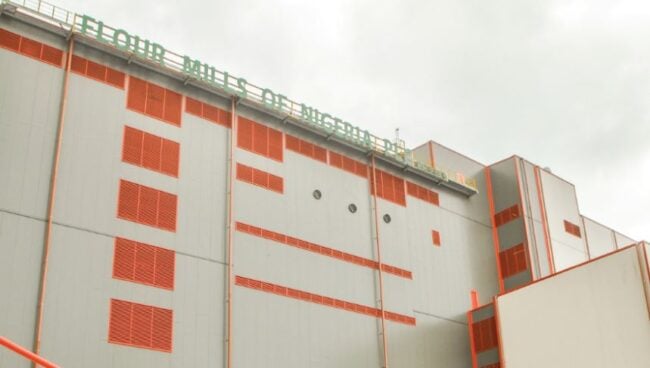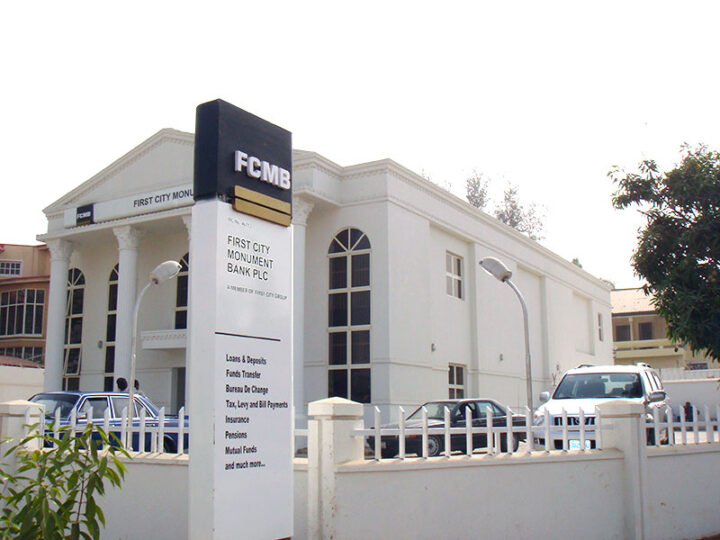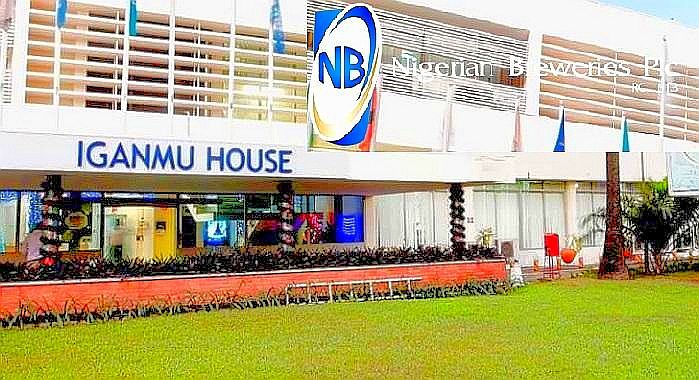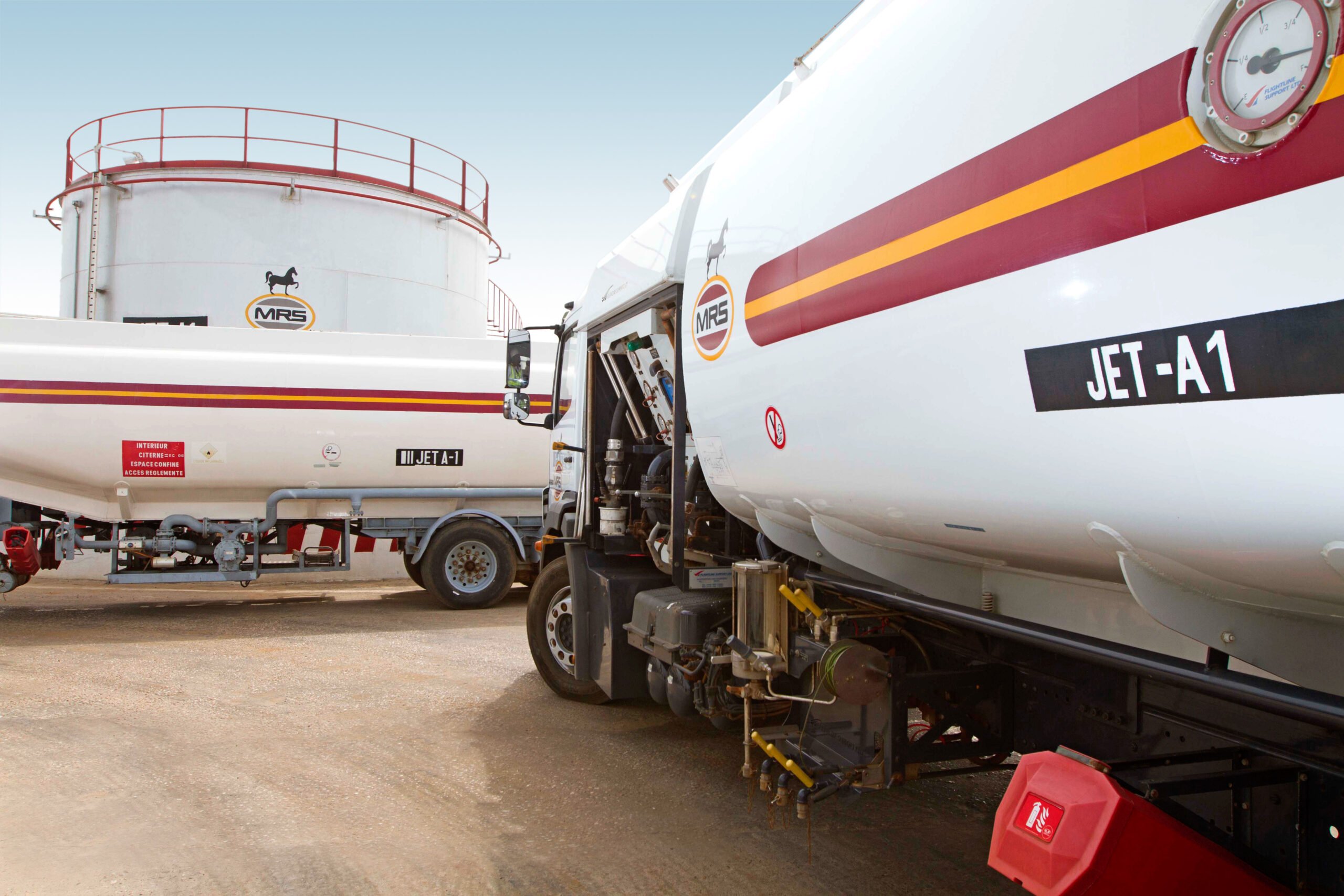Flour Mills of Nigeria Plc saw its huge foreign exchange (FX) loss of N22.5 billion in the first quarter (Q1) multiply more than twice to over N51 billion at half-year, leaving the food and agro-allied company N8.5 billion down in the red.
The company was able to deliver a profit of N816 million for the second quarter (Q2) — which disappeared into a net loss of N9.3 billion in (Q1) and left a negative bottom line of N8.5 billion for the six months of trading.
The company’s half-year interim financial report at the end of September 2023 shows it maintained the strength of improving topline and a slight cost saving from production cost in (Q2).
However, management’s hopes for a stable exchange rate of the naira and other cost savings failed to be realised.
Advertisement
Fuelled by the much bigger FX loss in Q2, net operating losses of N17.7 billion for the quarter rose by 89 percent year-on-year and claimed a significantly increased share of gross profit.
Other rising costs that consumed revenue and undermined profit delivery in Q2 include administrative expenses that jumped by 73 percent to N13.9 billion year-on-year and selling and distribution costs that rose by 74.2 percent to N5.8 billion over the same period.
At almost N18 billion for Q2, finance cost was large enough to consume more than the operating profit of N17.6 billion for the quarter.
Advertisement
A bailout came from a finance income of N1.6 billion for the quarter, which helped to pay off finance expenses and provide N1.2 billion pre-tax profit the company posted for Q2.
The company maintained a strong sales revenue growth at 33.4 percent to N508 billion for Q2, up from N456.4 billion in Q1 and an elevated sales revenue record for the fourth year running.
Sales are on target toward the region of N2 trillion expectation for the company’s current financial year ending March 2024.
Cost of sales slowed down at an increase of 31.2 percent to N453 billion for Q2, which permitted a stronger growth of 55.4 percent in gross profit to N55.3 billion. However, no part of the increase reached the bottom line in the quarter.
Advertisement
The company’s half-year position shows a turnover of N964.6 billion, an increase of 33.9 percent year-on-year. Production cost grew at a slightly slower pace of 31.8 percent to over N859 billion, claiming 89 percent of sales.
The moderate cost saving from input cost enabled an increase of 53.4 percent in gross profit to N105.5 billion at half-year.
A good part of the gross profit was consumed by FX loss-driven net operating losses — which multiplied more than three and half times to N43.5 billion at half-year.
Other major rising costs are selling and administrative expenses that grew by 48.4 percent year-on-year to N11.8 billion and administrative cost that swelled by 39.2 percent over the same period to N25.2 billion.
Advertisement
The cost increases led to a drop of 18.6 percent in operating profit to N24.7 billion at the end of half-year operations, better, however than the 53.4 percent plunge in operating profit to N7.1 billion in Q1. As much as N17.6 billion of the operating profit was realised in Q2.
A finance income of N1.8 billion only scratched a finance cost of N34.6 billion — which consumed the operating profit and left a loss of N8.5 billion for shareholders at half-year.
Advertisement
Finance expenses grew from N22.3 billion in the same period last financial year to N34.6 billion at half-year.
The huge finance cost reflects the company’s large borrowings of N479 billion at half-year, rising from N382.5 billion at the end of last financial year. This excludes lease liabilities of about N30 billion.
Advertisement
The challenge for the company remains that rising costs are not letting it convert strongly growing sales into profit.
The earnings outlook for Flour Mills for the second half hinges on two critical factors undermining the bottom line: FX losses and mounting finance expenses.
Advertisement
Add a comment







